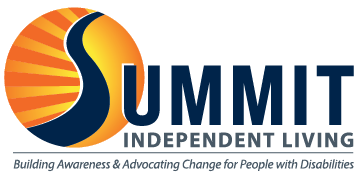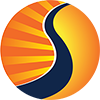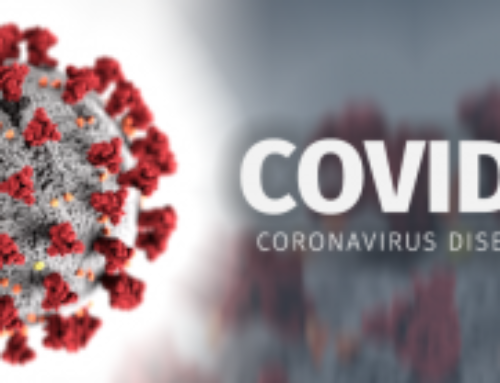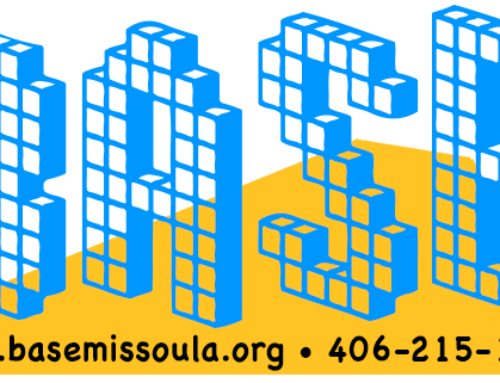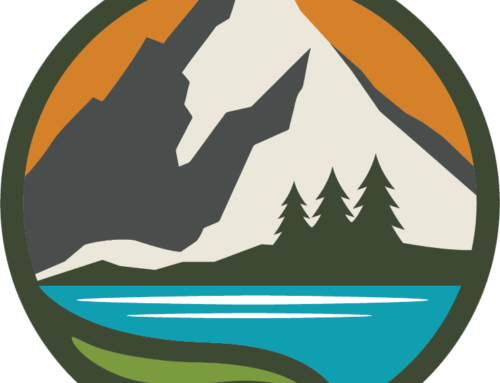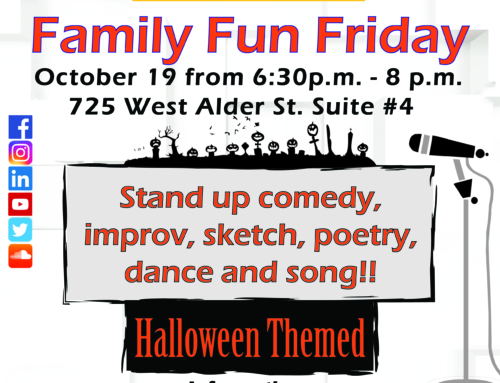Summer Interrupted
This season can be especially hard when you manage a disability
By Shelby Humphreys
Three summers ago, my mental health tanked. I languished on the couch as sunlight tracked from high to low beam on gauzy curtains. It seemed everyone was throwing gear into their rigs and going on adventures. Meanwhile, I could barely manage my disability. If I would just sit up and take that first step. But, that idea felt too heavy, the effort too hard. I knew what I should do, but I couldn’t do it. Summer sucks when it shoves my limits in my face.
That summer on the couch scraped my already-thin margins. Next summer, however, a gift appeared in the form of a beat-up, purple kayak. I didn’t realize it at the time, but that kayak would ferry me across my stagnant gloom. My journey spanned five stages: wanting, preparing, experiencing, remembering, and dreaming. Each stage had its own challenges. But, as people who manage disabilities, we’re no strangers to challenge. So, let’s look at each stage through the story of my purple kayak.
Wanting. We all want. It’s not the wanting that’s hard; it’s being scared to want more which keeps us stuck. Want can go sour. Disappointment festers when our hopes are cut short by disability and life doesn’t go the way we thought it would. (When my high school guidance counselor asked which career I’d chosen, I didn’t say that I wanted to go into middle-management of Bi-Polar II and oversee endless ambitions with erratic tendencies.) If let downs go on too long, a wry sense of futility becomes our new normal.
To restore a healthy sense of want I must risk cracking open my heart’s desires again, even though I may not get what I want. Those desires will never go away, though (no matter how deep I’ve buried them). For example, since high school, I had harbored a deep desire to paddle a kayak down river, to move in time with the water and mingle with untamed nature. Twenty years ago, I took lessons. But, they ended in frustration. I never could complete the dunk and roll-up maneuver. Two decades later, when sit-on-top kayaks showed up, I wanted one. However, those years had been shaky, at best, and my unpredictable health sank me down for long periods. I couldn’t roll out of those, either.
Preparing. Preparation involves problem solving. Friends are great for this. Friends can find a way when we can’t. They can also help with practical preparations, like adaptive equipment or flexible scheduling. The best friends are the ones who hide out in plain sight and stick around until we’re ready to ask for help. Asking is hard, for sure. However, I’ve learned that people love sharing in my dreams. When they become part of the solution, they get to share in my success. Asking the right people for help can be a win-win for everyone.
My friend, Tom, was my win-win. Two summers ago, he called me up. “I rented a kayak, and I don’t have to return it ‘til tomorrow. Want to give it a try?” I hesitated. What if I had an episode on the river? All that could’ve happened, but it didn’t. With Tom’s encouragement, I had a great time. Even better, I had begun to see beyond my barriers.
Experiencing. No matter how complete my preparation, I need actual experience. And, they have to be new experiences. Our brains won’t pop out of negative neural ruts without new stimuli. I don’t see any way around this stage. However, that doesn’t mean there’s only one path. We each have our own way. When I sat atop that rented kayak, I needed to feel cold water sneaking into my seat. I needed to smell that summer perfume wafting off the river. That day, I possessed my moment, and I ended up possessing more of myself, too.
Remembering. We need new experiences, but we also need new memories. When memories flash up, we need to actively engage by feeling everything all over again. Each time we actively remember, we auto-edit any old ideas about what we can and cannot do. We gain confidence.
Dreaming. With all that new confidence, don’t be surprised when you ask, “If I can do that, then what else can I do?” Aha! Now you’ve reached the heart of hope. Each stage has been aiming for this very thought, when disability gives way to ability. Let’s be clear. We’re not undoing a disability. We’re adding more abilities to what we already have.
Now, I can kayak. I’ve even towed a few stalled tubers into shore. This summer, the only difference between me and everyone else having fun in the sun will be which river I choose to ride.
